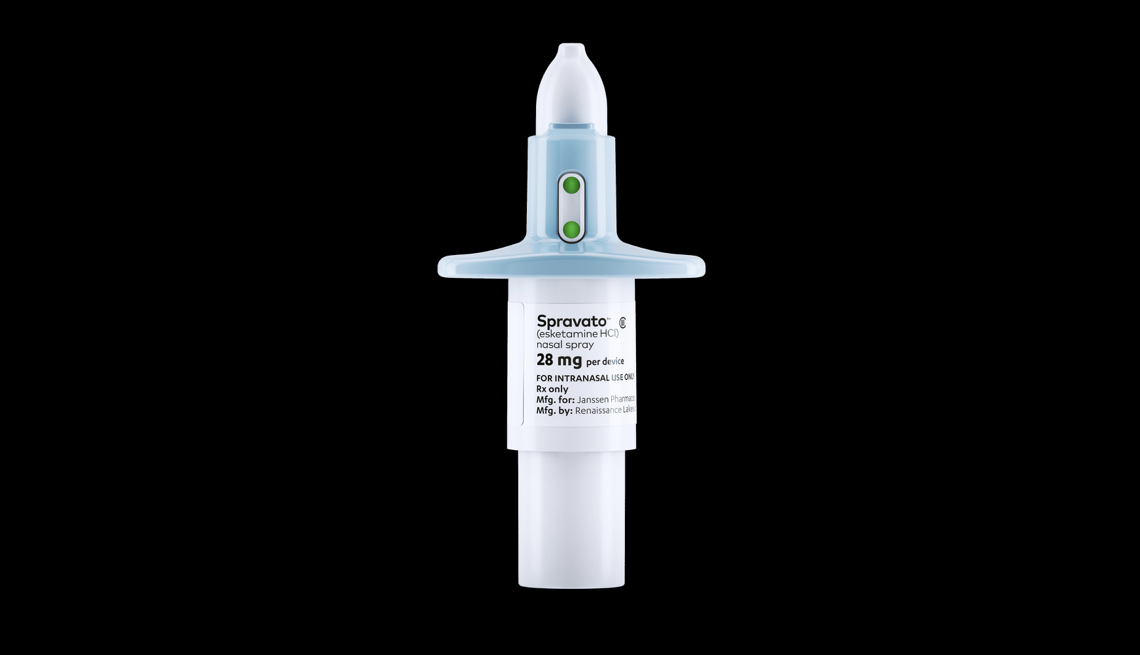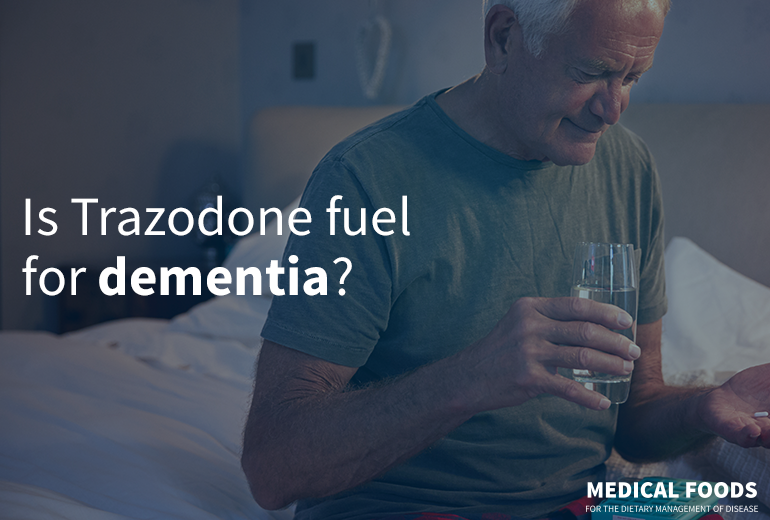Blog
Recent Posts
Intermittent Fasting + AppTrim = Weight Loss
Posted by on
Periodic Fasting Aids Weight Loss, Improves Health
A recent study suggests that eating within a daily 10-hour window can help you lose weight and can even improve heart health in women at risk for cardiovascular disease.
"There has been a lot of discussion about intermittent fasting and what time window people should eat within to get the benefits of this kind of diet," co-corresponding author Satchidananda Panda, PhD, said in a regards to the study.
"Based on what we've observed...a 10-hour time window seems to convey these benefits. At the same time, it's not so restrictive that people can't follow it long-term," added Panda, the author of the book The Circadian Code.
The study was published online December 5 in Cell Metabolism by Michael J. Wilkinson, MD, of the University of California, San Diego, and colleagues.
After 12 Weeks Participants Lost 3% Body Weight
19 women diagnosed with obesity were instructed to restrict food consumption to 10 hours a day for 12 weeks, creating a 14-hour fast each night.
Participants were not required to reduce the amount they ate, or alter their diet in any way within the 10 hour eating window.
"Participants used a validated app — myCircadianClock (mCC) — to log their caloric intake during the 2-week baseline and 12-week intervention periods," they explain.
Over the 12 weeks of the study, participants lost 7 pounds or approximately 3% of their body weight, relative to their weight at the start of the project.
Other Health Indicators Improved
The intermittent eating strategy also had a number of positive effects on important health factors.
For example, there were noticeable reductions in various forms of cholesterol throughout the body.
There were also significant reductions in systolic and diastolic blood pressure, and among those with elevated fasting glucose levels at baseline, there was a significant reduction in A1c.
Participants Believe This Method Easier Than Others
Researches also believe, based on previous studies, that irregular meal timing can negatively affect your overall health.
"Both erratic eating patterns and eating over an extended period of time during the 24-hour day can [also] disrupt circadian rhythms," they explain.
As it turns out, intermittent fasting induces and maintains a consistent feeding and fasting cycle that supports strong sleep cycle.
It has been proven that regular disruption of the sleep cycle increases the risk of weight gain, high blood pressure, high cholesterol, and pre-diabetes.
Furthermore, approximately 70% of the group also reported that they were more satisfied with the amount they slept.
Participants also told investigators that they found this method of weight loss easier to manage than counting calories or trying to exercise regularly.
"The high level of adherence to time-restricted eating in our study, no reported adverse effects, and low dropout rate suggest that a self-selected 10-hour window for time-restricted eating may be feasible for patients with metabolic syndrome to adhere to over a longer period of time," the investigators conclude.
How Apptrim Can Help
Apptrim is designed to improve brain and stomach communication safely. After years of irregular eating, your nervous system can fail to send messages of "fullness" causing you to overeat often.
By taking AppTrim 30 minutes before major meals, you will feel full faster for longer! Intermittent fasting works great, but sticking to any new weight loss program can be tough.
AppTrim will keep you in control so that you can stick to eating within your 10 hour window daily with less cravings!
How can lack of sleep make pain worse?
Sleep affects pain. You may have noticed that when you sleep poorly and are tired your pain tends to be worse. Research shows that one of the most important predictors for pain intensity is the number of hours slept the night before. Bottom line: if you sleep poorly, your pain will be worse the next day.Medication [...]
Sleep and Addiction Recovery
Anyone who’s gone through addiction, or cared for a loved one with addiction, knows firsthand the devastating effects it has on a person’s life. Addiction disrupts all areas of life, and sleep is no exception.According to one estimate, individuals with addiction are 5 to 10 times more likely to have associated sleep disorders.Sleep and addiction [...]
TREATMENT UPDATE: Cardiologists re-think daily aspirin use
New research changes the recommendations about daily aspirin use. Older adults are more likely to benefit from lifestyle changes to help prevent heart attacks and strokes.According to the American College of Cardiology and the American Heart Association a daily dose of 75 to 100 milligrams of aspirin should no longer be taken by people older than 70, or any [...]
Night Shift Work and Long Hours
According to a study published in the journal of Rehabilitation Nursing, shift work and long hours can shorten lifespan and increase the risk of death from cardiovascular disease. In this study, 32% of healthcare workers said they got six hours or less of sleep a day. When compared to day shift workers, risks for errors are 15% [...]

TREATMENT UPDATE: FDA Approves New Drug for Depression
On March 5th, 2019 the Food and Drug Administration approved the nasal spray esketamine as the first new type of treatment for depression in over three decades.“It’s a game changing treatment for depression,” says Anthony Charuvastra, M.D., Assistant Professor at New York University Medical Center in the Department of Child and Adolescent Psychiatry. “Too often patients [...]

Is Your Sleep Medication Increasing Your Risk for Dementia?
Researchers recently investigated health records of people age 50 years or older who took antidepressants (multiple brands) throughout a 7-year period. They compared dementia risk in 5000 users of trazodone to that of over 400,000 users of other antidepressants to determine if trazodone plays a roll in the development of dementia or cognitive dysfunction.They found [...]
Sleep and Addiction Recovery
Sleep and AddictionAddiction disrupts every aspect of life, and sleep is no exception.Researchers estimate that individuals with addiction are 5 to 10 times more likely to have sleep disorders during and after recovery.Many people use alcohol or other drugs as a method to help fall asleep and treat their insomnia, and become addicted as a result. Even if sleep problems [...]

How can grape seed extract help allergies?
The most popular anti-allergic medicine is known to be antihistamines, which inhibit inflammations and allergic reactions and suppress their symptoms. But antihistamine drugs are associated with side effects, such as fatigue, lethargy and even dementia.Histamines are inflammatory chemicals released by the body when an allergic reactions occur. Histamine causes allergic symptoms such as stomach [...]
 Loading... Please wait...
Loading... Please wait...
